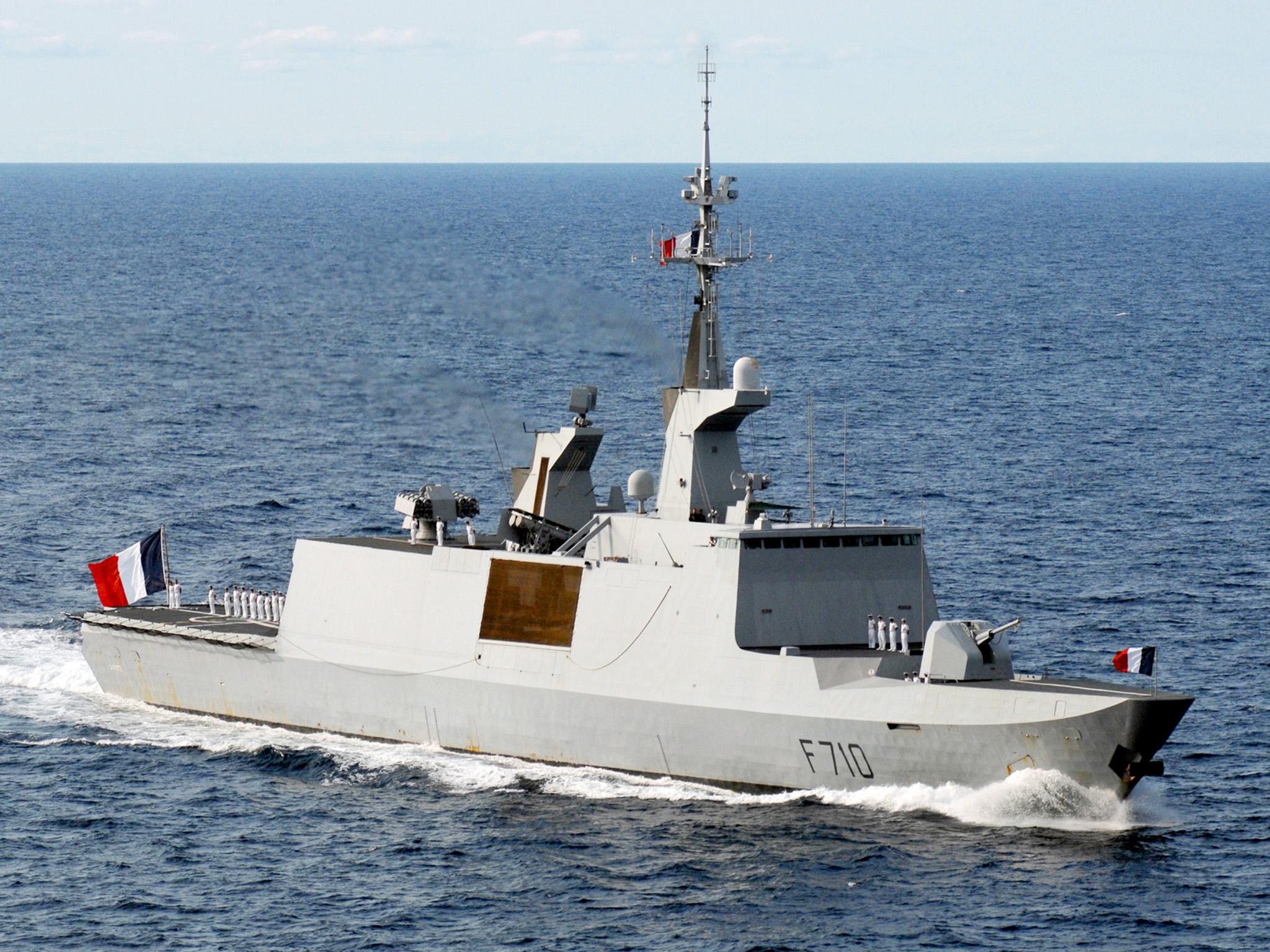France steps up military presence in Mediterranean as tensions rise between Greece and Turkey
Greek prime minister Mitsotakis welcomed the intervention in territorial row

Your support helps us to tell the story
From reproductive rights to climate change to Big Tech, The Independent is on the ground when the story is developing. Whether it's investigating the financials of Elon Musk's pro-Trump PAC or producing our latest documentary, 'The A Word', which shines a light on the American women fighting for reproductive rights, we know how important it is to parse out the facts from the messaging.
At such a critical moment in US history, we need reporters on the ground. Your donation allows us to keep sending journalists to speak to both sides of the story.
The Independent is trusted by Americans across the entire political spectrum. And unlike many other quality news outlets, we choose not to lock Americans out of our reporting and analysis with paywalls. We believe quality journalism should be available to everyone, paid for by those who can afford it.
Your support makes all the difference.France is stepping up its military presence in the eastern Mediterranean as a standoff escalates between Greece and Turkey over oil and gas exploration in disputed waters.
Two Rafale fighter jets and a Lafayette frigate arrived in Crete on Thursday morning, France's defence ministry said, as tensions simmered between the two Nato allies over contradictory claims to an area of the Mediterranean sea surrounding a Greek island which Turkey has been surveying for potential hydrocarbon exploration.
"I have decided to temporarily strengthen the French military presence in the eastern Mediterranean in the coming days, in cooperation with European partners including Greece," president Emmanuel Macron announced in a tweet on Wednesday night.
The French and Greek militaries conducted joint training exercises on the island of Crete on Thursday, Greek defence sources said.
Greece's prime minister Kyriakos Mitsotakis thanked Mr Macron in a tweet, calling him "a true friend of Greece but also a fervent defender of European values and international law".
Turkey's president Recep Tayyip Erdogan said on Thursday that he would hold talks with German chancellor Angela Merkel and European Council president Charles Michel to discuss the dispute.
"The path to a solution in the eastern Mediterranean is via dialogue and negotiation," Mr Erdogan said.
Mr Macron accused Turkey of causing tensions by making "unilateral decisions" over its rights to the waters. On Monday, Turkey sent a seismic research vessel, escorted by warships, to survey the waters for potential gas and oil reserves.
The waters in question surround the small Greek island of Kastellorizo, which is located barely a mile off Turkey's southwest coast and some 354 miles from mainland Greece.
Greece's claim to the territory is supported by an agreement signed last Thursday with Egypt designating an exclusive economic zone in the area. Diplomats in Greece said this agreement nullified a similar accord signed by Turkey and Libya last year which the European Union claimed was a violation of international law.
Mr Erdogan said Turkey will maintain the earlier agreement with Libya and accused Greece of breaking promises over the dispute.
Additional reporting by Reuters
Join our commenting forum
Join thought-provoking conversations, follow other Independent readers and see their replies
Comments